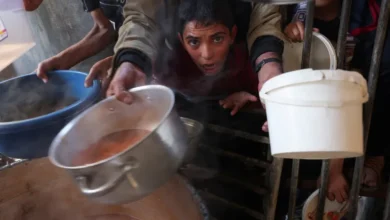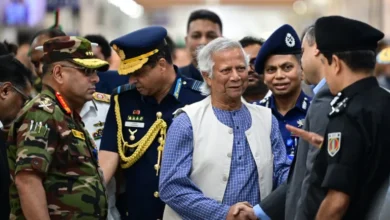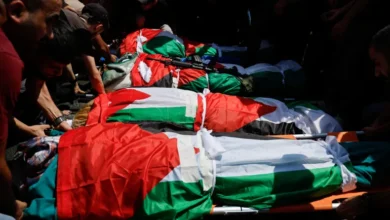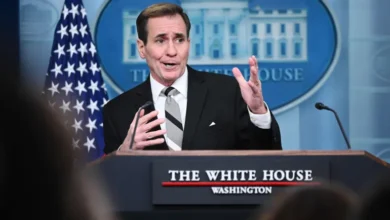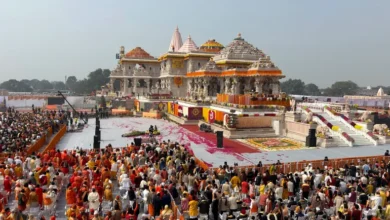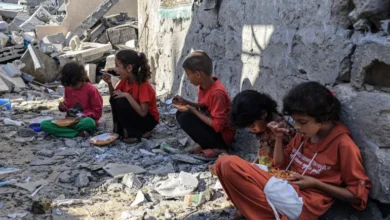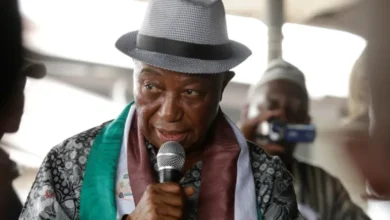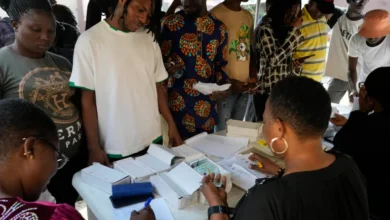Imran Khan facing arrest: How did we get here?
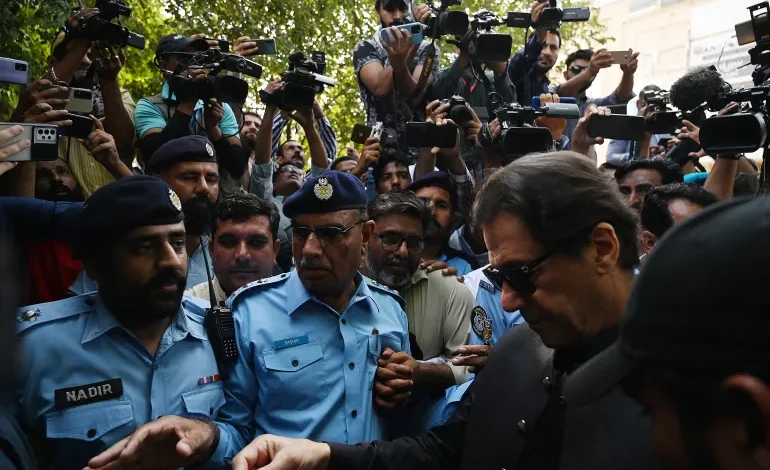
Officers on Sunday arrived at the residence of former Prime Minister Imran Khan in a bid to arrest him in a case related to the purchase and sale of gifts, the latest in a series of legal troubles he has been embroiled in.
According to the police, Khan was “avoiding” arrest after officers arrived at his home in Lahore, adding that a police superintendent had “gone to the room” but the 70-year-old was not there.
Since his removal from power in April 2022, Khan’s party Pakistan Tehreek-e-Insaf (PTI) says he has been charged in 70 cases, including for sedition, corruption and terrorism. Khan has denied all charges brought against him.
Here is what you need to know:
What are the charges against Khan?
Corruption
One of the main cases against Khan was filed in August by a member of the ruling Pakistan Muslim League Nawaz (PML-N), contending that the former prime minister had bought gifts given by foreign dignitaries from the state gift depository, also called Toshakhana, but failed to disclose the assets in declarations submitted to the Election Commission of Pakistan.
Terrorism charge
In another high-profile case, Khan in August was charged with “terrorism” for remarks made at a public rally in Islamabad against police officials and a female judge who had ordered the arrest of one of his top aides – Shahbaz Gill, who accused police authorities of torture.
In his speech, Khan had allegedly threatened “action” by taking legal recourse against top Islamabad police officials and judge Zeba Chaudhry.
The Islamabad High Court dismissed the charges against him in September, saying his comments did not rise to the level of “terrorism”.
Illegal funds
Also in August, the election commission ruled that Khan’s party received illegal funds, which could result in the former cricket star and the PTI being banned from politics.
In a case that has dragged on for eight years, PTI was accused of receiving funds from abroad, which is illegal in Pakistan. The PTI has denied the allegations saying all those who gave money were Pakistani citizens.
Why is this all happening?
In April, Khan was forced to resign by the ruling coalition Pakistan Democratic Movement – an organisation comprised of more than 10 parties – in a vote of no confidence, after three and a half years in power.
The parliamentary move put him among a long list of elected Pakistani prime ministers who failed to see their full terms – none has done so since independence in 1947.
Since then Khan has been holding countrywide protests to push the government for early elections, due no later than in October, pulling out of parliament and dissolving the two provincial assemblies his party controls in a bid to force the government’s hand.
He has claimed he was removed as part of a United States-led conspiracy, that also involved Pakistan’s powerful military establishment and his political rivals.
What has been the public reaction?
Since his removal, large segments of the public have rallied behind the former cricket legend, with thousands of people attending his rallies across the country, evidence that he remains highly popular.
In the past 10 months, Khan’s party has gone on to win several national and provincial by-elections, including in PML-N strongholds, cementing his electoral power. The PTI is also seen by observers as a leading contender in the upcoming polls in the provinces of Khyber Pakhtunkhwa and Punjab.
According to analysts, Khan also enjoys support among Pakistan’s military personnel, both serving and retired.
Support for Khan has also grown since an attempt on his life was made in November, in which one party member was killed while a dozen others were injured.

